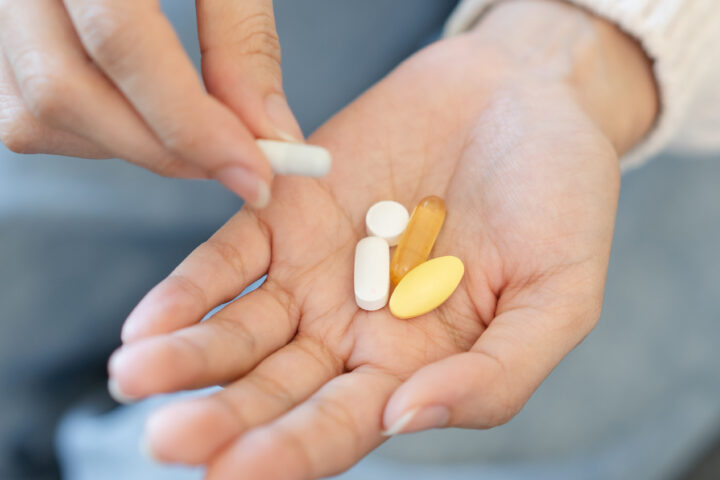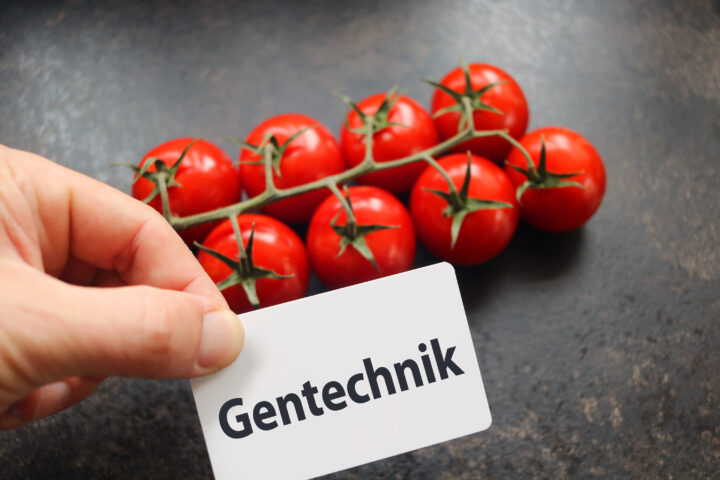
Organic products more frequently affected by recalls
Organic products have to be taken off retailers’ shelves at an above-average rate. The reason for this is toxins from plants harvested together with the organic produce or from molds. They can be controlled less well in organic agriculture than in conventional agriculture.
Tuesday, September 13, 2022
In recent weeks, there have been numerous cases where retailers have had to recall organic products. The reason? Toxins from weeds harvested together with the organic produce contaminated the latter. One example is corn chips, which were contaminated with so-called tropane alkaloids.
The organic sector is faced with a high recall rate
As the “Sonntagszeitung” writes, organic food is particularly frequently affected by recalls. Since the beginning of 2020, they have accounted for more than 20 percent of products for which the Federal Food Safety and Veterinary Office (FSVO) issued a warning. Compared to the 10.9 percent market share of organic food, this figure is above average. However, it is likely to be even higher, because the FSVO does not declare with every warning whether an organic product is involved.
Weeds among the harvested produce
When harvesting cereals, weeds can be inadvertently harvested too. In the case of the corn chips mentioned above, jimson weed seeds, which contain tropane alkaloids, were unintentionally harvested together with the produce. The toxin can cause nausea and headaches. Because organic farmers are not allowed to use weed killers such as glyphosate, the risk of unwanted plants contaminating the harvested produce is higher than in conventional agriculture. This is also confirmed by organic pioneer, Urs Niggli, in an interview with the “Sonntagszeitung”: “As a general rule, there is a higher risk in organic agriculture in terms of food safety.” However, according to the organic expert, tropane alkaloids are not the only danger.
Limited means available to fight molds
Molds also cause difficulties for organic products. They can be controlled less well in organic agriculture, because once again the permitted means are limited. Fungi are fought almost exclusively with copper. Molds in food are dangerous for humans and animals as they may contain carcinogenic mycotoxins. Recently, the German drugstore chain Müller had to recall an organic date hazelnut cream due to mold infestation.
Organic boom poses an additional risk
According to Urs Niggli, a further reason for the high proportion of organic products on the FSVO’s recall list is likely to also have something to do with the organic boom during the coronavirus pandemic. According to the expert, growing demand is likely to make it difficult to control supply chains.
Now that the organic boom has subsided somewhat again in 2022, it remains to be seen whether the falling demand will also have an impact on the number of complaints.
Good to Know
Pesticides not only help to achieve higher yields, they also reduce crop failures during preprocessing, transport and storage, where additional losses of up to 40 percent can occur. Resource efficiency means the efficient use of technological, economic and natural resources. The correct use of pesticides reduces the pressure on natural resources and increases the proportion of high-quality crops harvested.
Related articles

Residue is not the same as residue
Painkillers like Voltaren are a blessing for us – yet in our rivers they can harm fish. If these were crop protection products, calls for bans would be immediate. It becomes clear that we are applying double standards.

ARTE documentary: Genetic engineering in organic farming?
The ARTE documentary “Genetic engineering in organic farming?” examines key controversial questions of modern agriculture: Is the general exclusion of new breeding technologies still up to date? Can the resistance of organic farming be justified scientifically?

The Great Suffering of Farmers
Fire blight, Japanese beetles, or grapevine yellows – farmers in Valais, too, are increasingly feeling helpless in the face of the threats posed by nature. More and more often, they lack the means to effectively protect their crops. This makes it all the more important for the Federal Council to place a pragmatic balancing of interests at the forefront when setting threshold values.

'Tomatoes on your eyes'
The submitted “Food Protection Initiative” calls for “GMO-free food.” Leaving aside this illusory demand, its adoption would mean more bureaucracy, more trade barriers, and less innovation. The Swiss Farmers’ Union describes the proposal as “unnecessary” and warns of a setback to the goal of achieving an even more sustainable agriculture.

